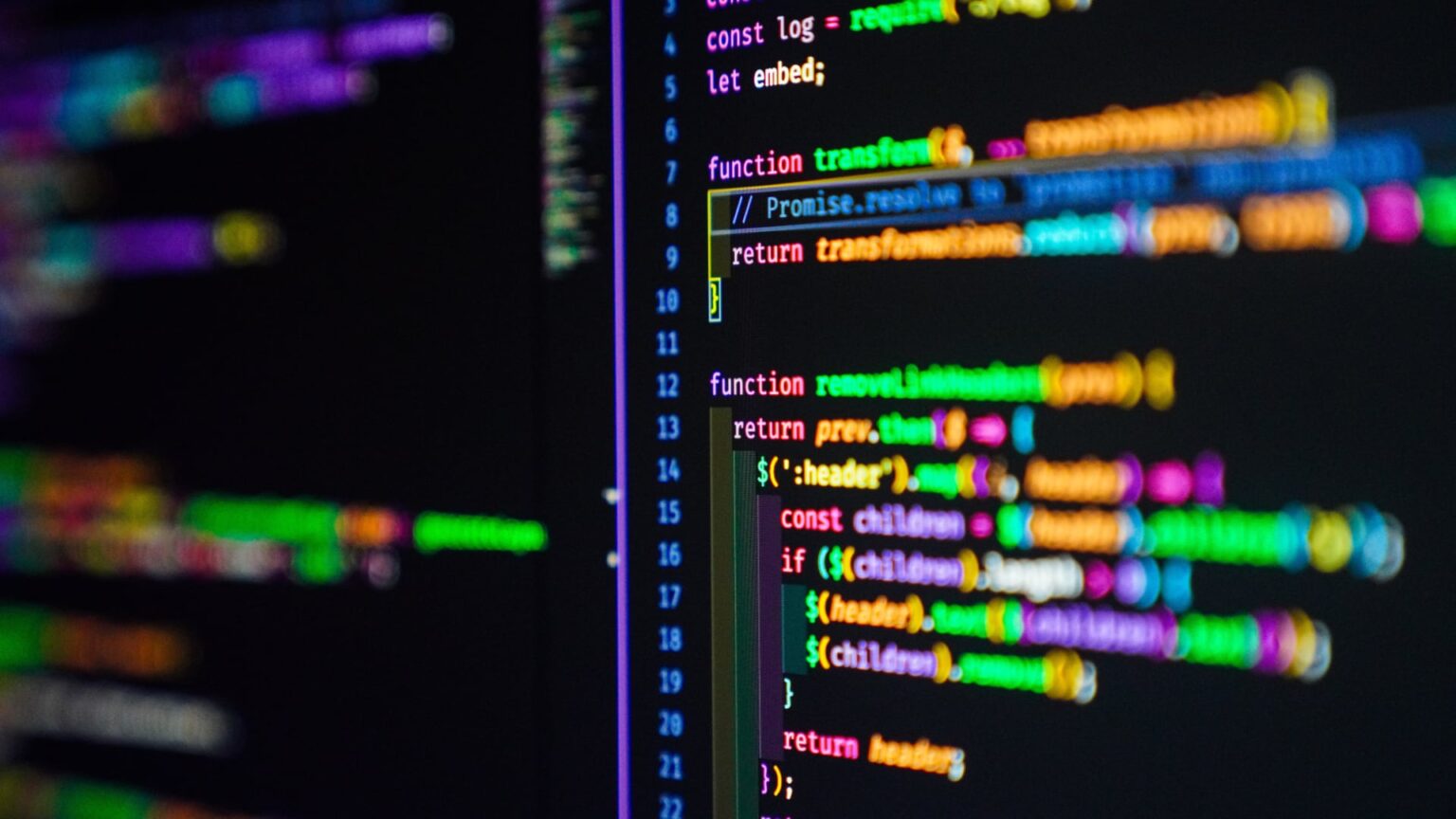Artificial intelligence is increasingly making its way boldly into developers’ workbenches, but initial enthusiasm is giving way to growing scepticism. The latest Stack Overflow survey shows that while the use of AI tools in code is growing, confidence in them is declining and experienced developers are becoming the biggest critics. This signals that the AI industry is entering a new, more mature phase of its relationship with technology, in which hype is giving way to the hard realities of productivity.
According to a Stack Overflow report, in which more than 49,000 developers participated, there is a clear cooling of sentiment around generative artificial intelligence. Positive perceptions of AI tools in software development have dropped by 10 percentage points over the past year. Furthermore, for the first time, it was reported that the group of developers actively distrusting the technology outnumbered its supporters.
This change is not due to ignorance. On the contrary, the more developers work with AI, the more aware they become of its limitations. The biggest source of frustration identified by respondents is the nature of the code generated, which is often ‘almost correct, but not quite’. This seemingly minor shortcoming generates hidden costs. Time that was supposed to be saved on writing the code is spent on its tedious debugging and verification. For experienced engineers, whose scepticism is greatest, code that looks correct but contains subtle logical errors is more dangerous than overtly flawed code.
Where does the line of trust lie?
Analysis of the survey shows a clear divide in AI applications that reflects the level of risk. Developers are most resistant to implementing AI in critical areas of the software lifecycle. Tasks such as final deployment, monitoring of production systems or strategic project planning are domains where error can lead to cascading failures and real financial losses. In these cases, human oversight and experience still remain irreplaceable.
On the other hand, artificial intelligence is gaining popularity as an enabler rather than a replacement. Developers are keen to use it for lower-risk tasks that speed up work, but do not transfer full responsibility to AI. The most common applications include:
- Research and learning: AI works well as an interactive encyclopaedia, helping to quickly understand new concepts, libraries or frameworks.
- Generating synthetic data: Creating realistic but anonymised data for testing is time-consuming. AI can automate this process.
- Targeted coding support: Tools such as GitHub Copilot are appreciated for autocomplete, generating snippets of standard code (boilerplate) or writing unit tests.
As the analysts at Stack Overflow point out, the key to positive reception is the tool’s precise focus. When AI improves a specific, well-defined piece of work – for example, by supporting the code review process or automating repetitive scripts – user sentiment grows.
Business perspective: Investing in the future
While developers in the coding trenches are tempering their enthusiasm, the business outlook remains consistently optimistic. Corporates see AI not as a threat, but as a strategic investment in productivity and innovation. The goal is not to replace programmers, but to multiply their capabilities.
The gap between the caution of developers and the optimism of companies is a natural stage of any technological revolution. Integrating AI into deeply ingrained workflows is a challenge. Developers have spent years building their environments, mastering the tools to perfection. Any novelty that requires changing habits and learning ‘from scratch’ breeds natural resistance, especially if its value is not immediately obvious.
For AI tools to be fully accepted, they must unquestionably prove their worth and earn the trust of users. They must become a reliable assistant that realistically relieves rather than adds to the workload.
The current state of affairs is a valuable lesson for the industry as a whole. The honeymoon period with generative AI in programming is over. A period of pragmatism is beginning, where what will count is not the magic of the technology, but its real, measurable impact on productivity and code quality. The future is not whether developers will use AI, but how they will learn to do so wisely, distinguishing real support from costly illusion.












